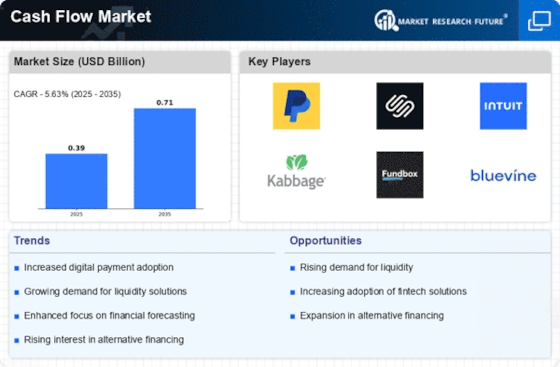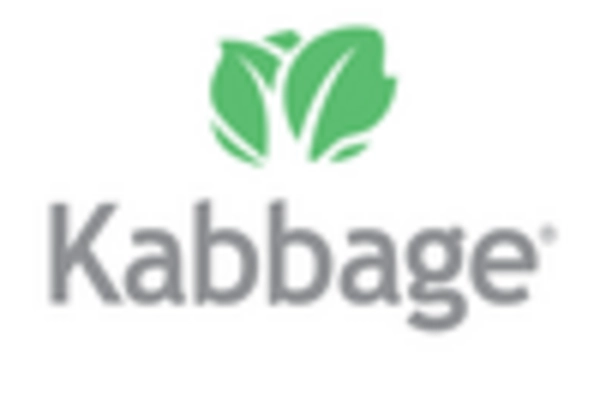Market Analysis
In-depth Analysis of Cash Flow Market Industry Landscape
Cash flow market fluctuations affect people’s and companies' finances. At its core, the cash flow market analyzes money flows within a nation. The market influences corporate, investor, and government actions in financial contexts. Cash flow is heavily impacted by economic changes. Businesses and individuals make and spend money, thus the cash flow market changes to keep up. When the economy grows, consumers spend more and firms invest more, bringing in more money. However, firms and consumers may curtail spending when the economy slows, reducing cash flow. General liquidity may decrease. In the cash flow market, interest rates matter. Central banks influence interest rates via monetary policy, affecting cash flow. To lower borrowing expenses. When interest rates are low, people borrow and spend more, increasing cash flow. However, increased interest rates may make money tougher to acquire. Investors watch interest rates to understand how they affect cash flow and adjust their strategies. Global events and societal concerns make the cash flow market turbulent and fast-changing. Government unrest, trade disagreements, and unanticipated calamities may induce anxiety. This may lower investor confidence and alter cash flows. However, these outside circumstances may force organizations to adjust their expenditure and growth plans, which may significantly impact cash flow. Technology and financial services innovations have transformed the cash flow sector. Digital payment systems, fintech solutions, and blockchain technology have simplified money management, improving cash flow. Real-time data analytics and automation may help businesses forecast cash flow and adapt to market developments. Government policies greatly impact financial flows. Bank restrictions, tax policies, and economic stimulus affect how much cash individuals and businesses have. Tax cuts may encourage firms to spend and expand, increasing revenue. However, rigorous laws may make certain financial activities tougher, which might affect market capital flows. How financial commodities supply and demand interact affects the cash flow market. Investors want high returns, while companies need funding to develop. Changes in these exchanges affect financial goods pricing and supply, which affects cash flows.


















Leave a Comment